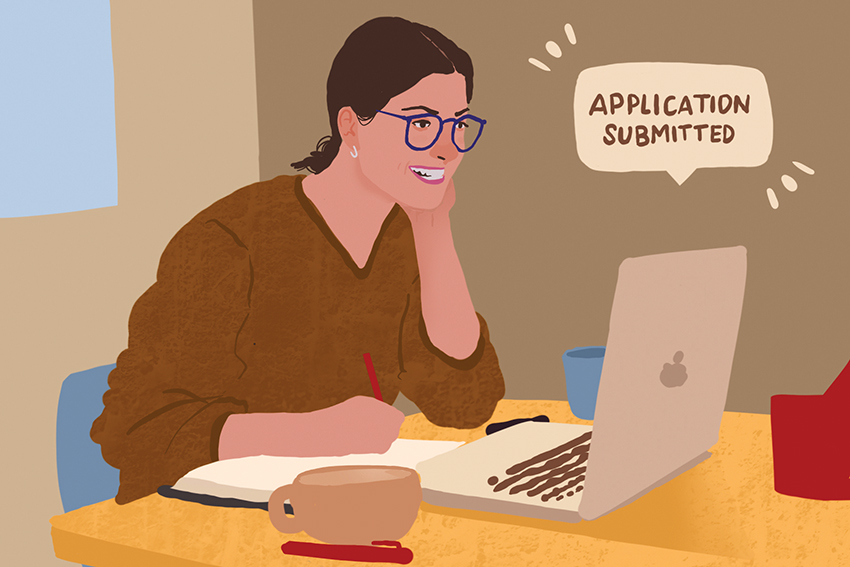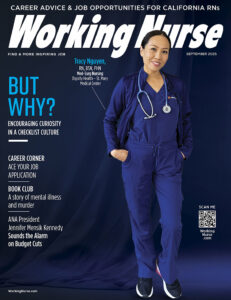Nursing Book Club
Infectious Madness: The Surprising Science of How We Catch Mental Illness by Harriet A. Washington
Just enough science to make it dangerous

I must admit that it was the title of Infectious Madness that grabbed my attention. The book claims to discuss research “demonstrating how microbes influence our collective behavior, shedding light on issues that go far beyond individual mental health.” That’s a lot to take in and I was surprised I hadn’t heard it discussed before.
Author Harriet Washington is a science writer who has won a National Book Critics Circle Award, among other accolades. With Infectious Madness, she’s taken on an ambitiously large subject, including the nature of the human microbiota — all the microbes that exist within the human body — and its effect not just on the individual human in which it resides, but also on all of society.
Thin Research
We’ve all read about diseases that can cause neurological damage. We now know, for example, that end-stage syphilis — a contagious bacterial infection — can cause “rapid and complete mental decay, including frequent seizures, paralysis, incontinence [and] psychosis.” Similarly, we know that some infections can cause rheumatic fever, which can lead to brain inflammation and erratic behavior. This is not new or groundbreaking information.
What Washington is suggesting in this book goes well beyond such well-established cases, implying that much of the incidence of mental illness in our society is attributable to infections — or immune system response to infection.







